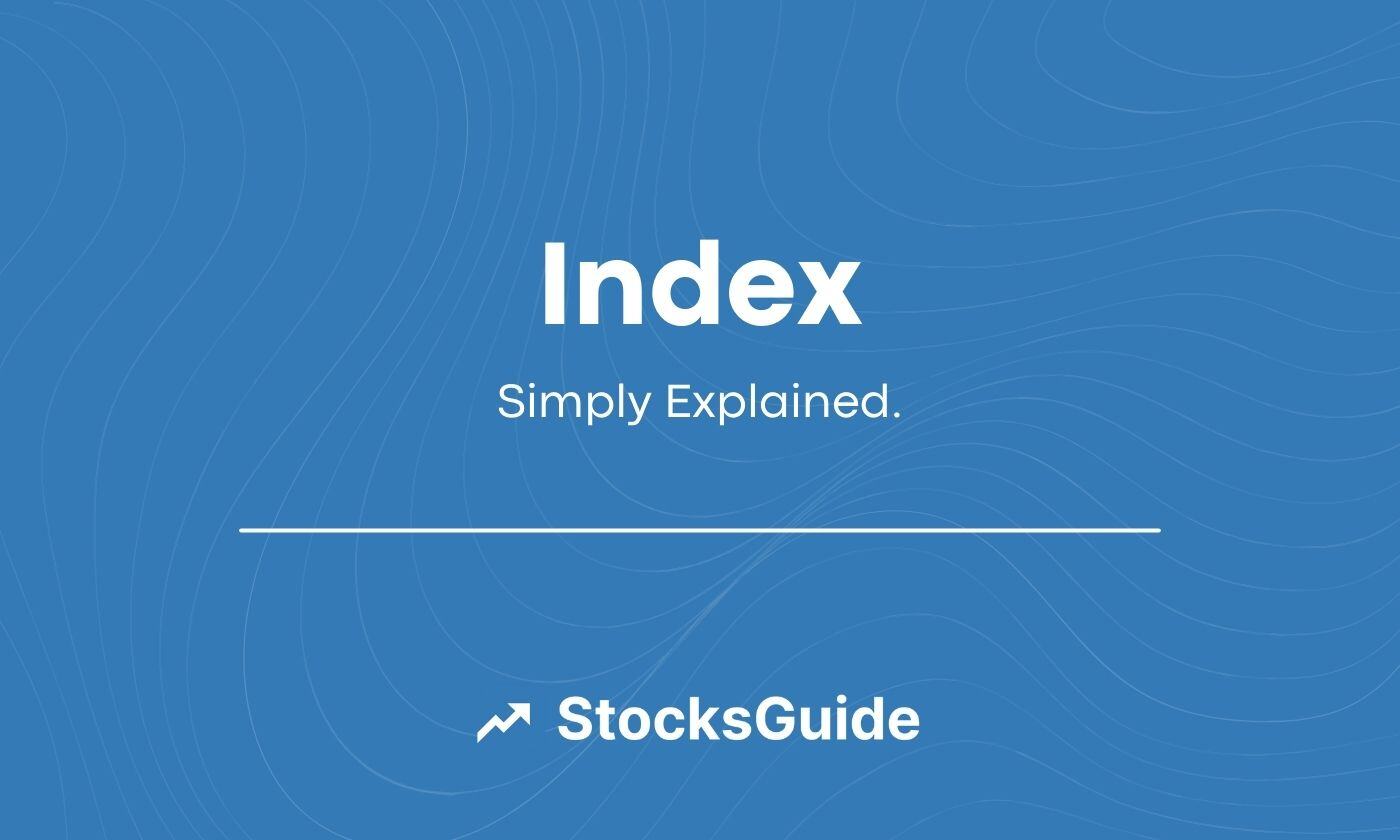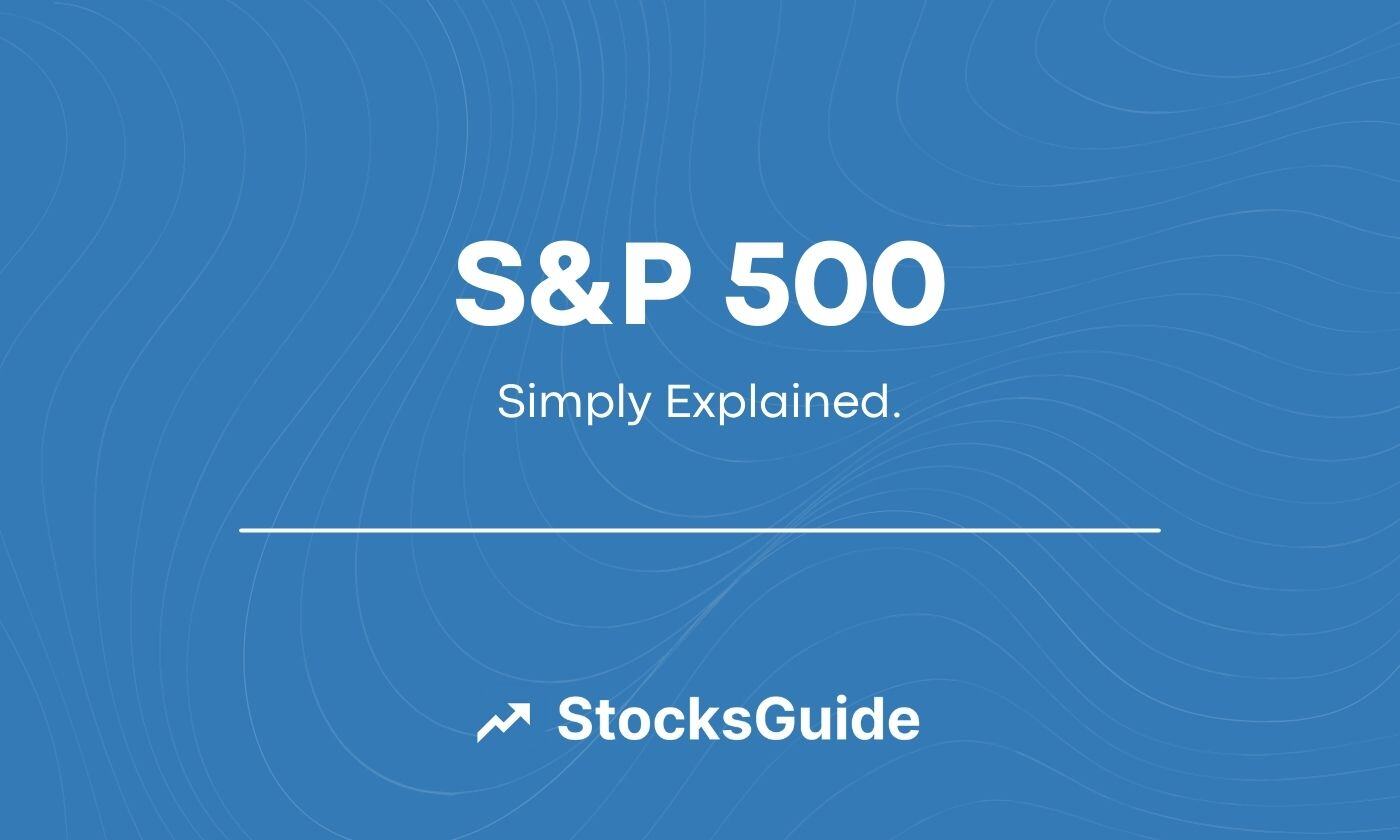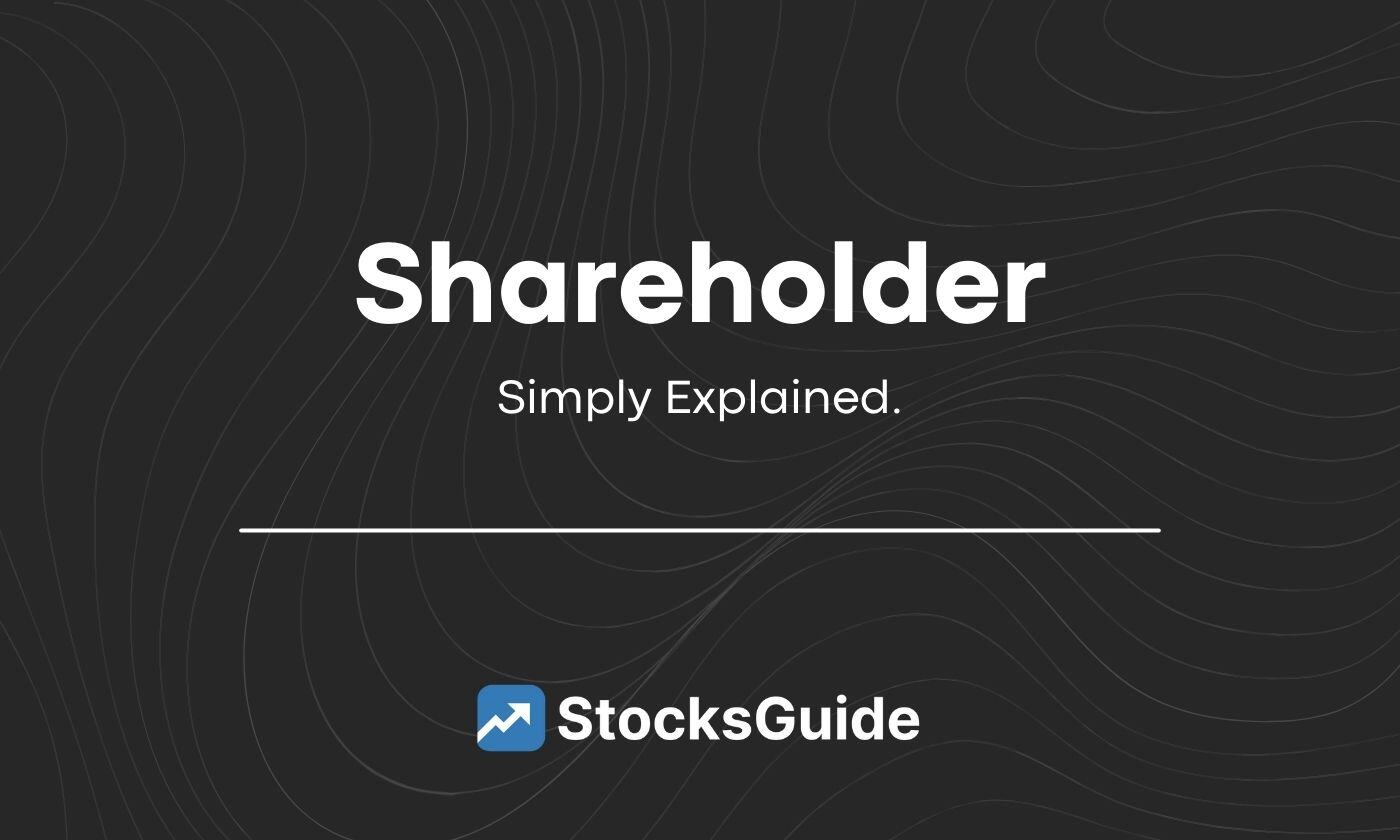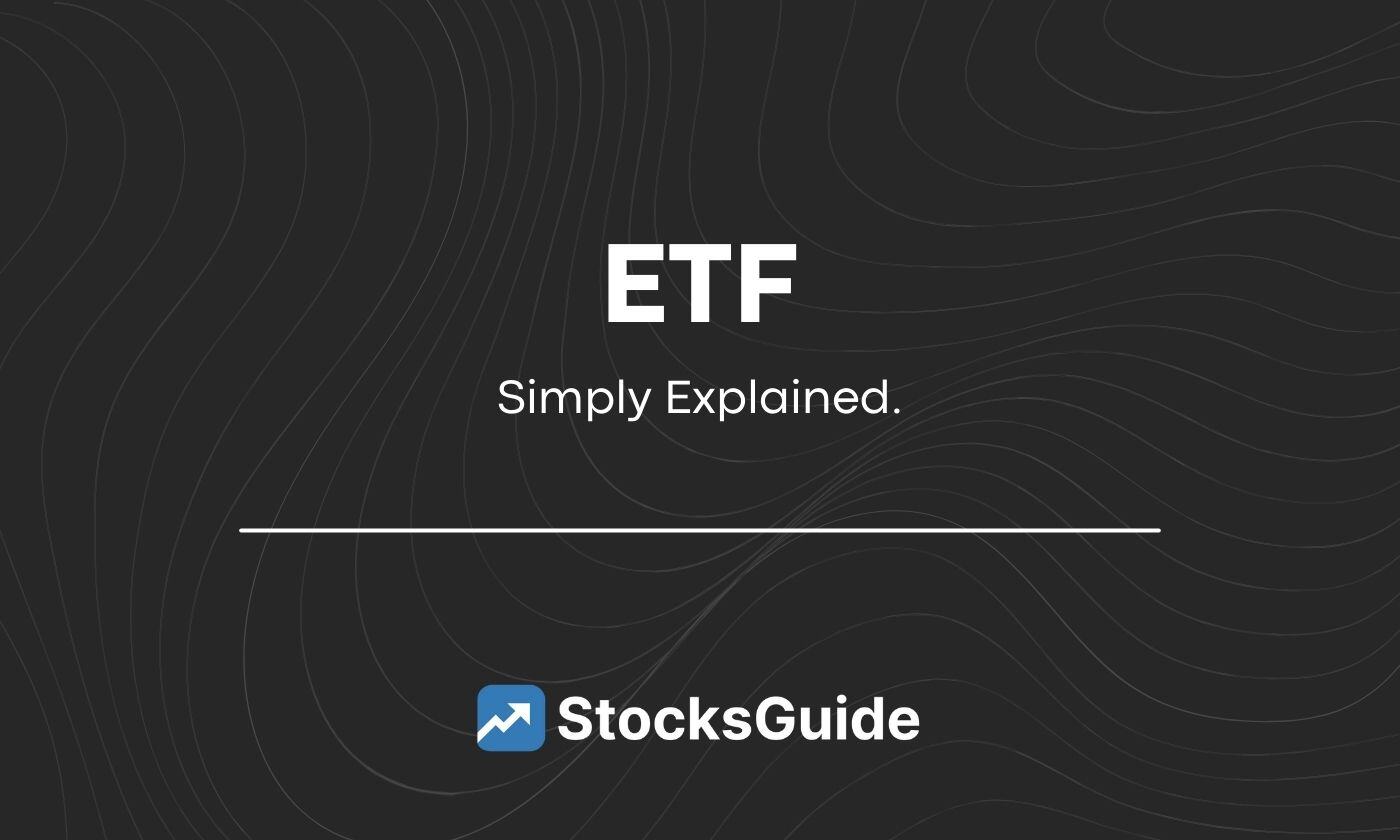Table of contents
- What is the index?
- What indices are there?
What is an index?
A stock index, or simply index, is an important indicator of selected stock companies or their share prices.
Indices can be used to show the average development of the market. A “market” is defined, for example, by country, sector or region. Therefore, indices can be used to compare different countries, stock companies and industries. The purpose of an index is to understand the general economic situation. The composition of the index is reviewed at fixed intervals (e.g. annually).
Indices only ever reflect an average value. There are various calculation methods. It is important to distinguish between price and performance indices. ETFs and index certificates can be used to invest close to an index.
In simple terms: a share index reflects the general price performance of several shares.
It also serves fund managers as a yardstick for their own success. Their aim is to beat the market by outperforming the return of an index.
What indices are there?
The composition of an index can be fixed or variable. In the case of the German share index, companies are allocated by definition according to their market capitalization. Accordingly, a company may leave the index in the event of a recession, whereas another company may enter the index due to an economic upturn.
Most indices are share indices, i.e. they relate to the stock market. The best-known German share indices are the DAX, the Euro Stoxx in the eurozone and the Dow and S&P 500 in the USA. In Asia, the Nikkei (Japan) and the Hang Seng (Hong Kong) are the most important leading indices. At a global level, the MSCI World Index, which tracks more than 1,600 shares from 23 countries, plays an important role. However, indices are not just for the equity market, but for all financial markets and commodities, such as bond or commodity indices. In addition, differentiation according to other criteria is also possible - for example as country or regional indices, sector or industry indices and strategy indices.




